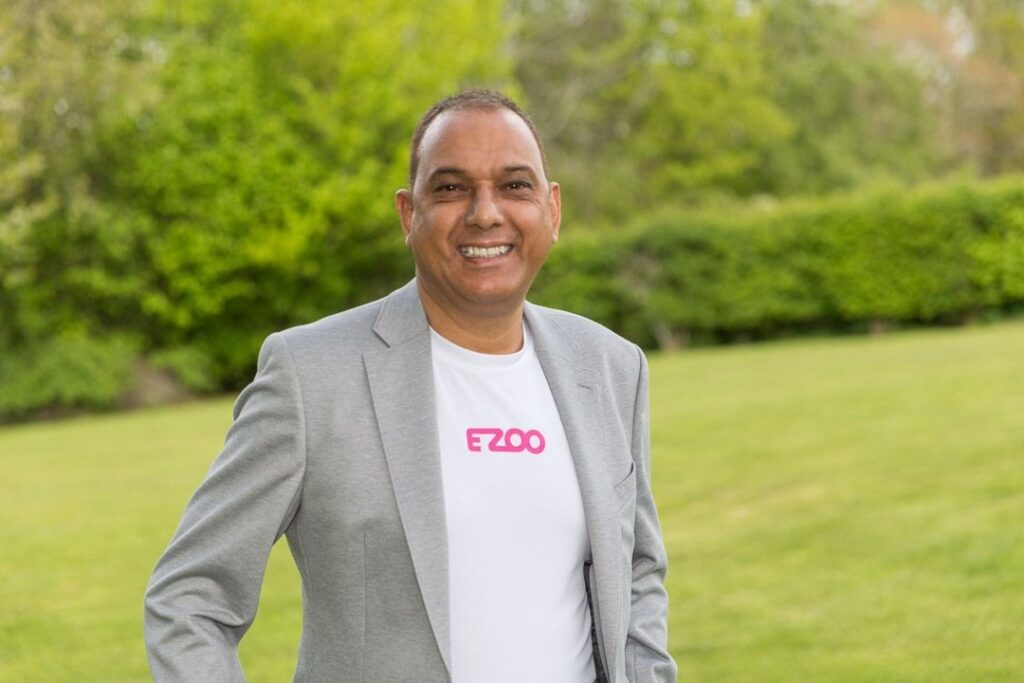Domestic abuse advocate and speaker Cheryl Sharp has launched a suite of personalised domestic abuse policies and workplace training programmes to help organisations better support affected employees.
The announcement comes as fewer than 5% of UK businesses have a domestic abuse policy in place, despite one in four women and one in six men experiencing abuse, with 75% of victims targeted at work.
Sharp’s training is designed to equip employers and HR teams with practical guidance on recognising warning signs, responding to disclosures and creating safer, more supportive workplace cultures.
Her programme, ‘The Business Case for Supporting Survivors’, covers types of abuse employees may face, indicators to look for, key components of an effective policy and how employers can encourage safe disclosure.
The initiative aims to address both safety and business considerations. Research suggests domestic abuse costs the UK economy £14bn annually, with £316m borne by businesses through reduced productivity, sickness absence, lost wages and staff turnover.
Without adequate support structures, employers risk losing skilled staff whose work is affected by their experiences.
Sharp’s policies provide a structured framework outlining available support and access pathways.
She also offers tailored training to help organisations understand the impact of domestic abuse on workplace performance and to put practical measures in place.
These could include flexible working arrangements, temporary changes to contact details or adjustments to workplace security.
Sharp said: “The uncomfortable truth is that whether you have a policy in place or not, domestic abuse is already impacting your business.
“Every workplace needs a robust policy that safeguards vulnerable employees and offers clear guidance for managers and colleagues.”
She added: “Domestic abuse doesn’t stay at home – it follows people to work through constant phone calls, threatening messages, and the mental toll of living in survival mode. The effect on businesses is both significant and measurable.
“To truly make a difference, organisations must embed domestic abuse awareness into their culture, leadership, and everyday practices. That means having a clear policy, training leaders, raising awareness company-wide, and knowing how to connect people to specialist support.
“Most importantly, it’s about creating a workplace where disclosure is met with belief, compassion, and practical help.”

















